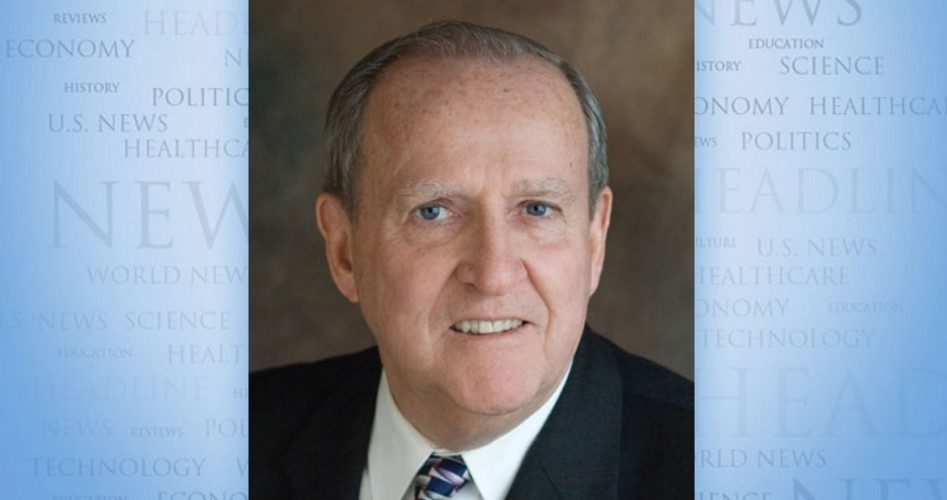
An independent panel created by the United Nations has reported that the world body faces a multiplicity of crises and a dearth of funds to deal with them. One crisis is the flood of refugees descending on Europe. But there are plenty more needing the kind of urgent attention the UN claims it supplies.
So the nine-member panel, made up of representatives of donor nations, some corporations, and some international bureaucracies, suggests that the UN be allowed to place a small tax on international sporting events such as the soccer’s World Cup, concerts where famous artists perform, and more. They even included as a potential source of revenue a tax on Uber taxi fares. And the recommendations include a preference for cash, not for blankets and food. Bulgaria’s Kristalina Georgieva, the current European Commission’s vice president for budget served as a member of this panel. She is being considered as a successor to current UN Secretary General Ban Ki-Moon.
Dues and donations from member nations cover the UN’s growing costs. This, of course, is something many UN officials would like to change. The behind-the-scenes desire is that if the UN is to meet its responsibilities, the organization should be able to gather its funds as a nation does — through an ability to levy taxes. So, we surmise, a small tax that hardly anyone would notice embedded in the exorbitant price to attend the famous soccer match or a rock concert might become a precedent for other taxes and eventual financial independence for the world body. How about the Super Bowl, the World Series, and the NBA and NHL finals? Once a taxing precedent is set, why not other taxes to fund the world body?
What would such taxes pay for?
In 2010, the U.S supplied $26 billion for the UN’s peacekeeping operations, $1.5 billion for the UN’s World Food Program, and $0.7 billion for the refugee program. Each of these expenditures was beyond regular dues payments.
Right now, the United States pays the UN about $8 billion in dues and voluntary payments, far more than any other country. We pay 22 percent of the UN’s operating budget and 28 percent of the peacekeeping budget. As one observer noted, that’s more than the combined total supplied to the UN by 176 of its member nations. (There are 193 member nations in the UN.)
A Heritage Foundation examination of the UN’s efforts in combating humanitarian crises found: 1) the UN’s aid efforts ranked among the worst in efficiency; 2) mismanagement, fraud and corruptionare common in peacekeeping operations; and 3) UN personnel have been accused of sexual abuses in at least a dozen nations where they were sent.
In 2006, a Procurement Task Force established to investigate UN operations uncovered fraud, waste and shoddy management that led to firings and convictions of some UN officials. But the Procurement Task Force was abolished two years later. Nobody else is watching the UN’s operations with the result that no more incidents of such corruption have been discovered.
As discouraging as all of this truly is, the possibility of the UN having its own taxing ability is frightening. What should be done before the UN gains such power becomes more obvious every day. Withdrawal from the UN is the answer, just as it has been the answer for decades.
John F. McManus is president emeritus of The John Birch Society. This column appeared originally at the insideJBS blog and is reprinted here with permission.


